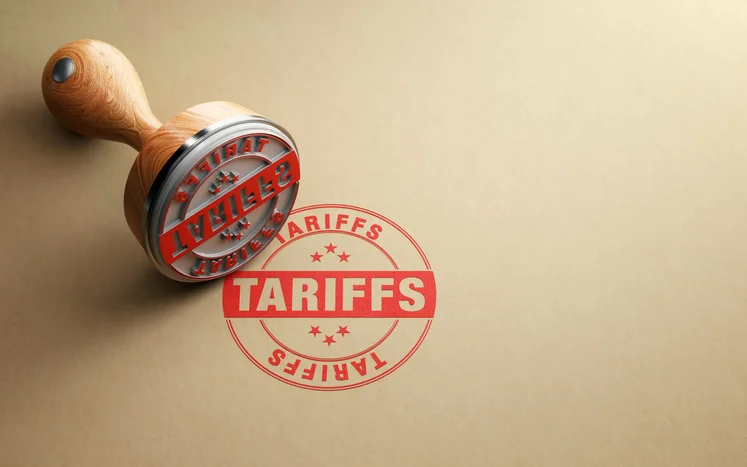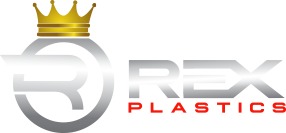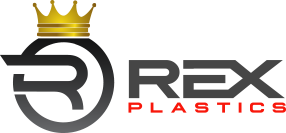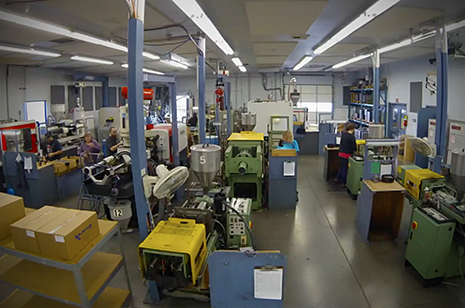- BY nwmcadmin
- POSTED IN American Manufacturing
- WITH 0 COMMENTS
- PERMALINK
- STANDARD POST TYPE

In today’s interconnected world, global trade policies can significantly impact manufacturing operations. As we enter 2025, new tariffs are poised to reshape the business landscape for American manufacturers. Understanding how they work and their potential impact is essential for businesses to thrive amidst these changes. Proactively preparing your business for new tariffs ensures you remain competitive while mitigating risks.
What is a tariff?
A tariff is a tax or duty imposed by a government on imported or exported goods. They are often used to regulate trade by making imported goods more expensive than their domestic counterparts. This approach can protect local industries but also lead to increased costs for manufacturers reliant on foreign materials.
For example, the recently proposed tariffs—25% on imports from Canada and Mexico and 10% on goods from China—aim to encourage domestic production. However, they also pose challenges for businesses depending on cost-effective foreign suppliers.
How will tariffs affect my business?
This may vary depending on industry and supply chain dependencies. Here are some common implications:
- Increased Production Costs: Higher costs for raw materials or components imported from countries with tariffs can shrink profit margins.
- Supply Chain Disruptions: Tariffs may cause delays as businesses seek alternative suppliers.
- Pricing Adjustments: Businesses may need to increase prices to offset higher costs, potentially affecting competitiveness.
- Operational Shifts: Manufacturers may consider reshoring or sourcing locally to bypass tariffs.
Being aware of these potential impacts is the first step in crafting a business strategy to navigate these kinds of taxes effectively.
Pros and Cons of Tariffs
Pros:
- Encourage Domestic Production: Tariffs can incentivize businesses to source materials and manufacture locally, supporting the domestic economy.
- Protect Local Industries: They offer protection from foreign competition, fostering growth in local sectors.
- Generate Revenue: Governments can use tariffs to fund public initiatives.
Cons:
- Higher Costs for Manufacturers: Increased raw material costs can strain budgets.
- Potential Trade Wars: Retaliatory tariffs from other countries can escalate economic tensions.
- Limited Supplier Options: Businesses may face challenges finding quality alternatives domestically.
Understanding these trade-offs helps businesses evaluate how to adapt their strategies to balance short-term challenges and long-term benefits.
How Your Business Can Prepare for Incoming Tariffs
Preparation is key to mitigating the impact of tariffs. Here’s how you can position your business for success:
- Evaluate Supply Chains: Identify potential vulnerabilities in your supply chain and explore alternative suppliers or materials.
- Embrace Risk-Based Planning: Develop contingency plans to respond to disruptions quickly.
- Leverage Technology: Tools like digital twins and AI-driven supply chain management systems can provide valuable insights into cost-saving strategies.
- Reshore Operations: Relocating production to the U.S. can reduce dependence on foreign suppliers and sidestep tariffs.
- Engage Experts: Collaborate with consultants or industry experts to optimize operations and plan for long-term growth.
Partnering with American-based Manufacturers
When dealing with tariffs, partnering with American manufacturers like Rex Plastics offers significant advantages. By choosing a U.S.-based supplier, you can reduce your exposure to fluctuating international trade policies and maintain steady operations.
Rex Plastics has over 50 years of experience helping businesses adapt to changing market conditions. Whether you’re reshoring production or launching a new product, we provide the expertise and resources to support your growth.
As new tariffs take effect, preparation will separate thriving businesses from those struggling to adapt. By understanding tariffs, evaluating their impact, and implementing strategic measures, manufacturers can turn challenges into opportunities. Partner with Rex Plastics today to future-proof your operations and embrace the advantages of domestic manufacturing.
Contact us for a quote, and let’s build the future of American manufacturing together!


